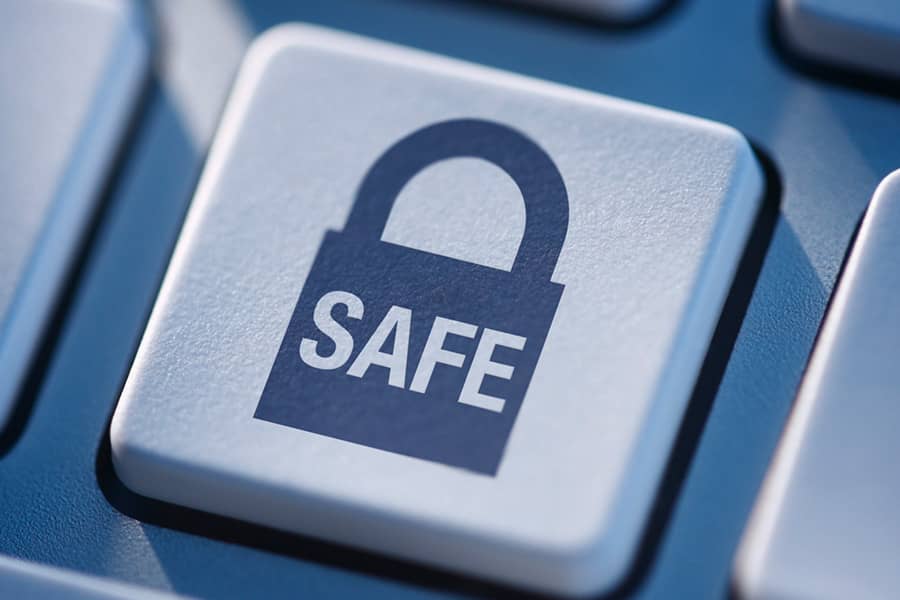
September 2024: Get Safe Online launches campaign for Safer Students
When you go to university or college, it seems like everything’s online – probably more so than at school because you inevitably need to take responsibility for more aspects of your life. However, being online more means that you need to take more care about avoiding the various harms we all come up against every day.
That’s why this September, Get Safe Online has launched a ‘Safer Student’ campaign.
Tony Neate, CEO at Get Safe Online comments, “When students start university, life suddenly becomes a whole lot busier, and ensuring you are safe online might not be top of your list. However, it’s really important to stay vigilant which is why we have launched a Safer Student campaign this month. Read our expert tips found on your Get Safe Online website to ensure your uni life is as safe online as possible.”
Get Safe Online’s tips for students:
- Don’t fall victim to fraud – fraudulent texts, emails, DMs and calls claiming to be from your bank, student loan provider, HMRC and other trusted organisations are commonplace.
- Check in person that the flat or room you’ve seen advertised really exists, and make sure the advertiser is authentic before parting with any money. Pay deposits and any other up-front payments by credit card for extra protection.
- Think twice before clicking on links or attachments, or allowing callers access to your devices or accounts.
- Keep your banking and other financial details private, and make money transfers safely via your mobile wallet or banking app.
-
- – If you’re buying from or subscribing at a website for the first time, check if it’s likely to be legit or fraudulent by using the Check a Website tool on your Get Safe Online website.
- Avoid paying a person or company you don’t know by bank transfer for things like purchases, accommodation deposits and fees. Using a card is considerably safer.
- Keep financial and other confidential details to yourself, as well as passwords and other login details.
- Review your location settings on phones, cameras and apps to help protect your physical safety. Avoid freebies and prize draws asking for confidential data. And remember that innocently shared intimate images can fall into the wrong hands.
- There’s no place online for any kind of abuse, hate speech, gender-based violence, forcing views on others or criminal activity.
- Students are favourite targets for illegal get rich quick schemes, like jobs with pay that’s too good to be true or others using your bank account to ‘process payments’. If you fall for it – even innocently – you could get a criminal record, fine or jail term.
- Mobile devices and Wi-Fi Protect your phone, laptop and tablet from loss or theft. If what you’re doing online when out and about is confidential or financial, steer clear of using Wi-Fi hotspots as there’s no guarantee they’re secure.
Advertise with the mоѕt vіѕіtеd nеwѕ ѕіtе іn Antigua!
We offer fully customizable and flexible digital marketing packages.
Contact us at [email protected]















